Thoughts and Advice from a Pancreatic Cancer Surgeon
Pancreatic cancer is an elusive type of cancer that affects 60,000 Americans each year. It can be scary and confusing if you or a loved one is diagnosed with this largely silent disease process. Learn more about what pancreatic cancer is, pancreatic cancer risks, warning signs you shouldn’t ignore, and available pancreatic cancer screening and advanced treatment options.
To make an appointment with one of our pancreatic cancer surgeons in Chattanooga, TN, call (423) 267-0466 or request an appointment below.
Frequently Asked Questions about Pancreatic Cancer:
Pancreatic Cancer Treatment Options
Pancreatic cancer is a complicated condition to treat, specifically because it’s usually advanced by the time it is diagnosed.
Another challenge in treating pancreatic cancer is the pancreas’ location. Although it’s not a large organ, it’s deep in the abdomen and nestled right next to the blood vessels that feed other major organs and lymph nodes that make insulin and digestive enzymes. Its location alone makes it a technically demanding surgery to perform.
The hope for any cancer – including pancreatic – is to surgically remove it using safe but aggressive techniques. When the cancer is contained within the pancreas and hasn’t spread to surrounding tissue, surgery is the mainstay of treatment. For tumors that are larger and beginning to grow but haven’t spread to other organs, we often use neoadjuvant chemotherapy, which means chemo that’s administered before surgery. It’s used to shrink or slow the tumor’s growth so it becomes possible to remove. For individuals whose disease has spread outside of the pancreas, chemotherapy and radiation are used to prolong survival.”
Pancreatic Cancer Medical Procedures with University Surgical Associates
The hepatobiliary surgeons at University Surgical Associates are pleased to offer a variety of innovative procedures to treat pancreatic cancer. Based in Chattanooga, TN we see patients from Tennessee, Alabama, Georgia and surrounding areas.
If you or a loved one have a pancreas tumor and are interested in surgery, contact our team to set up an appointment. Here, our doctors will discuss your individual best treatment option for pancreatic cancer, which may include one of the following:
- Whipple procedure (pancreaticoduodenectomy)
- Distal pancreatectomy
- Total pancreatectomy
- Palliative surgery
- Biliary stent placement
- Biliary bypass surgery
Pancreatic Cancer in the Media
Kevin Mounce share heartfelt insight on pancreatic cancer awareness month (News Channel 9)
What You Can Do to Support Yourself or a Loved One with Pancreas Cancer
When diagnosed with cancer, it can not only take a toll on you physically; it can be emotionally draining and affect your mental health. This can be true for the person with cancer and their caregivers, family and close friends.
If you have been diagnosed with pancreas cancer, joining a support group is one of the best ways to help process and manage the wide range of emotions that come with a cancer diagnosis.
If you are the loved one of a person with pancreas cancer, there are many ways you can offer care and support.
Hear Kevin Mounce share a heartfelt insight into the importance of pancreatic cancer awareness month

Going through cancer can be an emotional roller coaster with many ups and downs. Be sensitive to your loved one’s feelings.
If you are the primary caregiver of someone with pancreatic cancer, you are a very important part of the cancer patient’s care team. This can take a toll both emotionally and physically. You must care for yourself too.
Why Choose A Pancreatic Cancer Specialist?
Although we know pancreatic cancer treatment is complex, the diagnosis isn’t an automatic death sentence – particularly when you choose a surgeon with the experience and education needed to offer the very latest and most effective treatment options.
“It’s important for people to know that we have the most advanced cancer-fighting surgeries and treatments right here in Chattanooga. In the last 15 years or so, surgical fellowships that focus on the techniques and procedures of the liver and pancreas allow us to do very technically difficult operations on a routine basis,” Dr. Koffron says. “The outcomes are better when you seek care from a pancreatic cancer specialist at a high-volume center – meaning one that does more than 20 operations a year, which is what we do here at Erlanger. But more than that, you have access to a dedicated surgical and recovery care team and other cancer specialists who are all working together to fight your cancer and help you live a longer and healthier life.”
If you or a loved one has been diagnosed with pancreatic cancer, you have choices when it comes to your surgeon and your treatment options. For more information or to schedule an appointment, call (423) 267-0466.

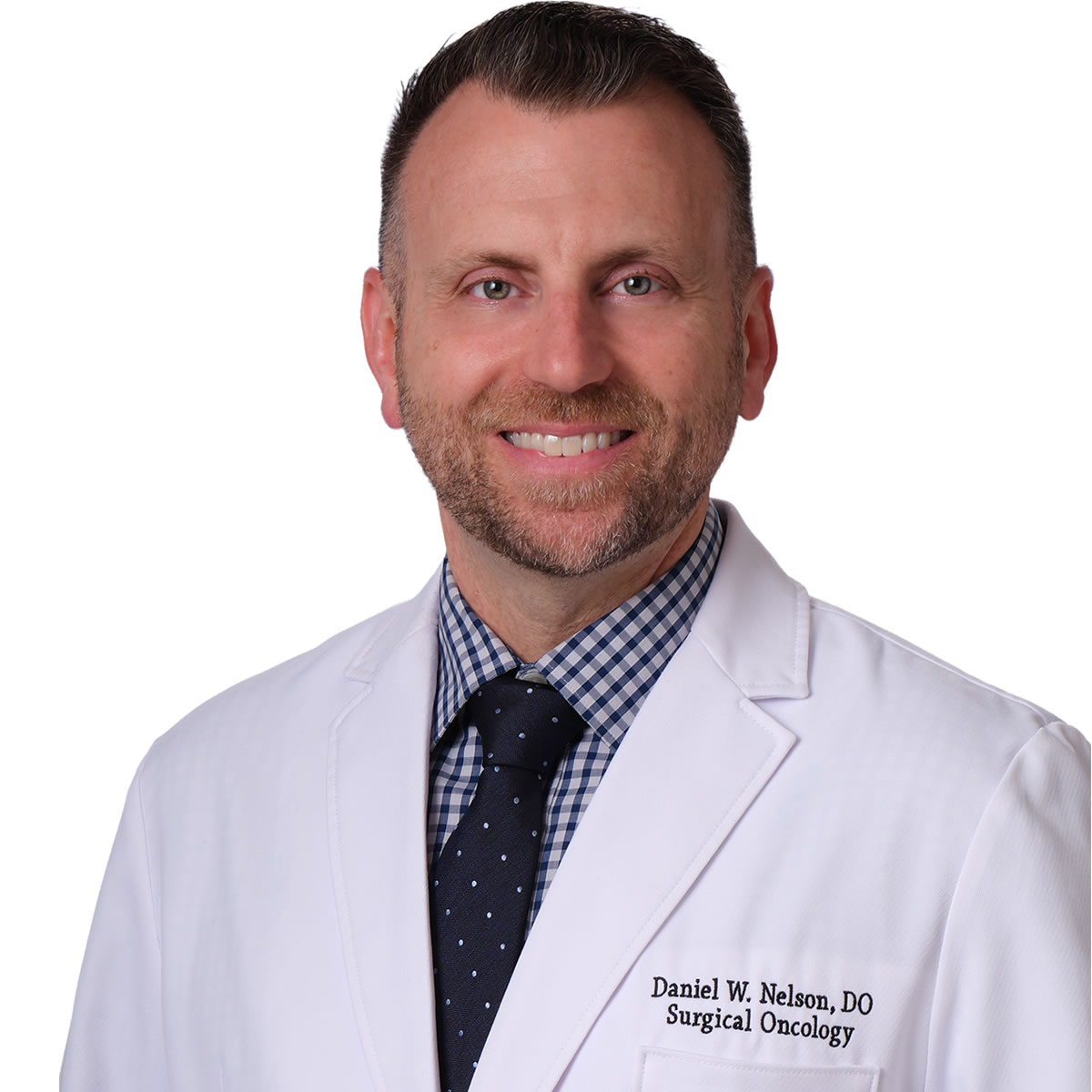

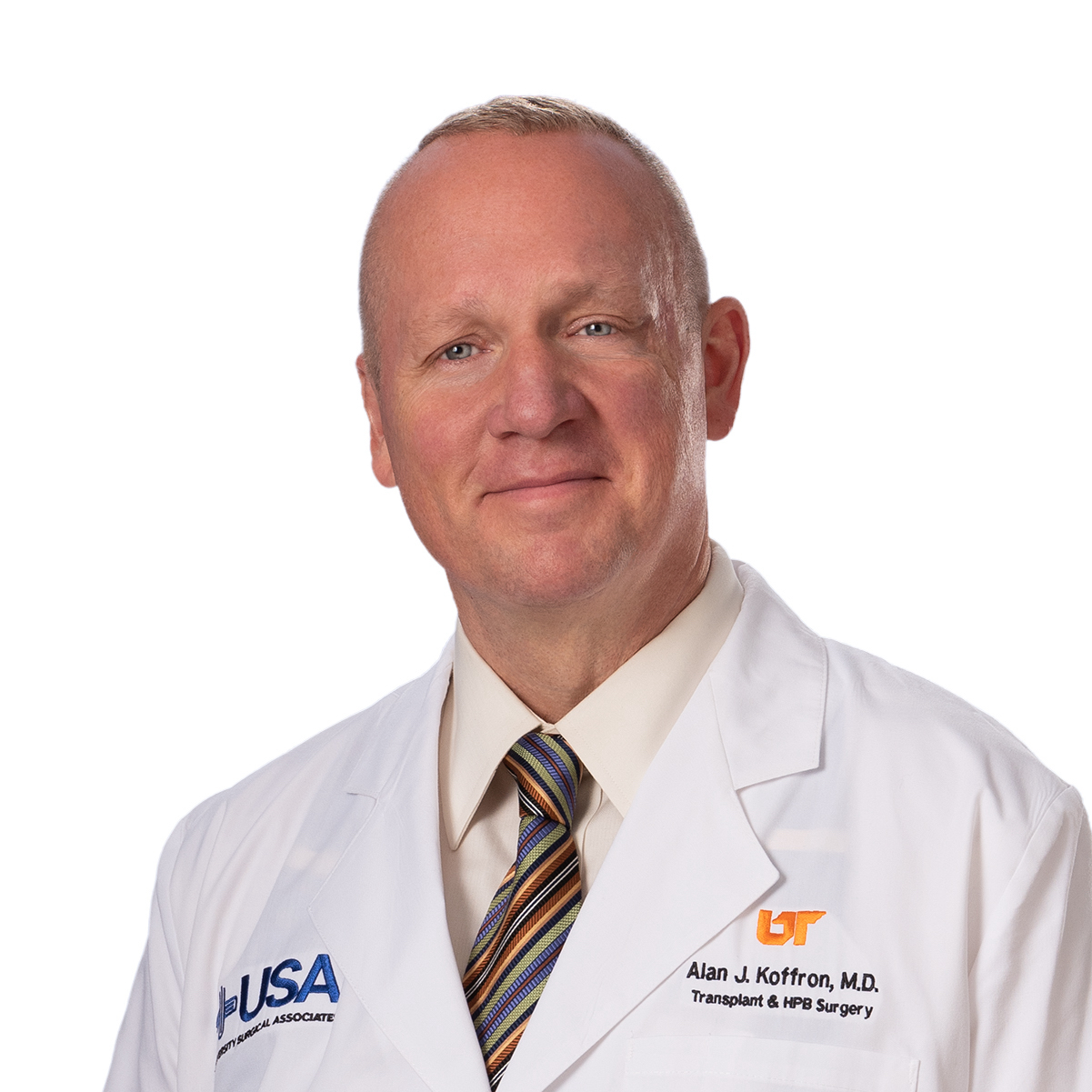
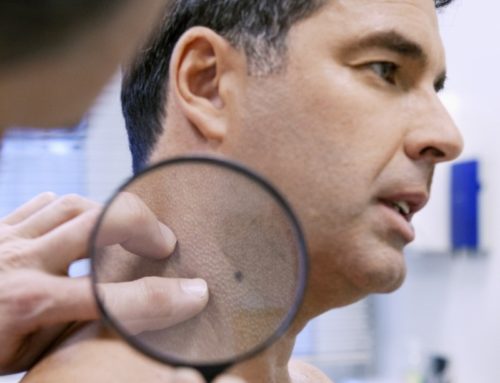
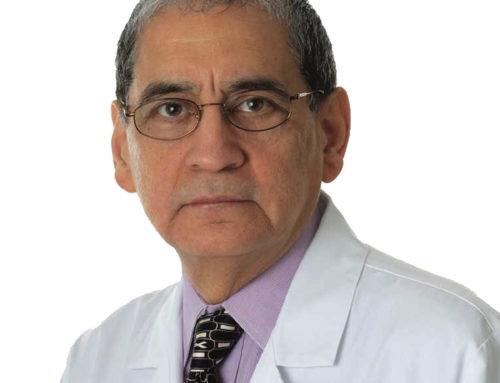
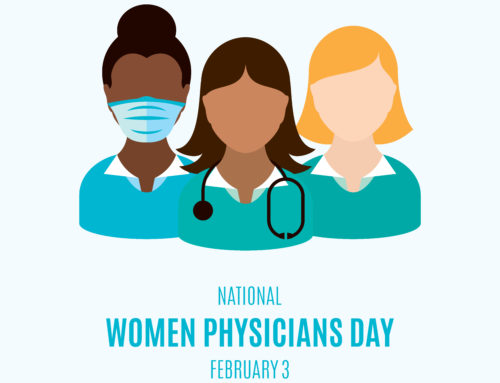


Pancreatic cancer presents significant treatment challenges due to its typically advanced stage at diagnosis and the pancreas’ deep abdominal location near major blood vessels and lymph nodes. Surgical removal is the primary treatment for localized tumors, often preceded by neoadjuvant chemotherapy to shrink the tumor. The hepatobiliary surgeons at University Surgical Associates offer innovative procedures and personalized treatment plans for pancreatic cancer, aiming to improve patient outcomes.